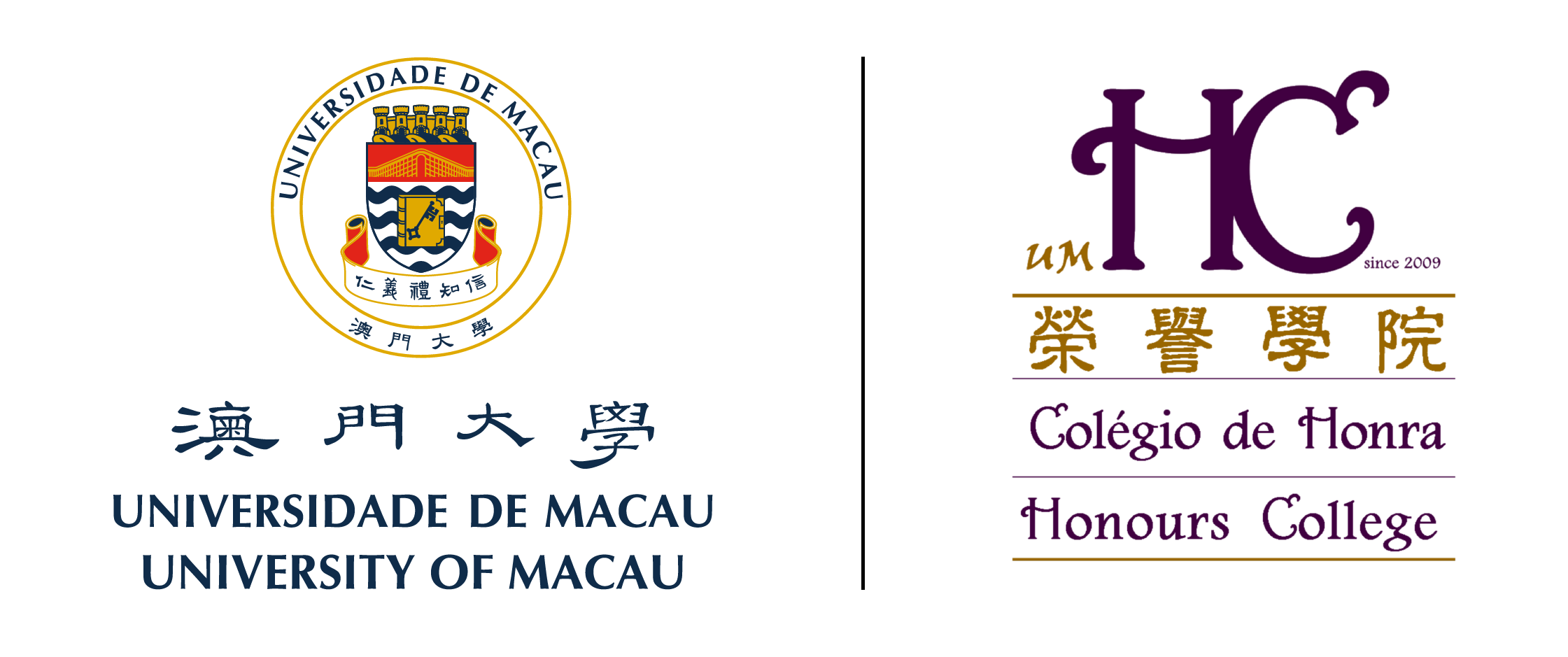Honours College Certificate Programme (HC20)
(for students admitted to UM in Academic Year 2020/2021 and after)
This course has three interrelated components focused on the individual, community, and global society, and is designed to develop leadership abilities. The first component focuses on developing students’ individual self-awareness and personal development through an exploration of values, beliefs, and socio-cognitive skills. The second component focuses on developing students’ leadership skills in the local community. The third component focuses on preparing students to be global citizens, with an enhanced understanding of the diverse values, beliefs, and behaviours typical of different cultures and societies. Taken together, these three distinct course components will build students’ capacity to be global leaders.
The course brings together students of different majors to conduct small group research and discussion on current social issues of local and global communities, and everyday problems, under the supervision of members from the Residential Colleges, including resident fellows, non-resident fellows, and college affiliates. Students are motivated to develop their skills on critical thinking, multidisciplinary approach to problem solving, and teamwork.
About the Course : Link
Students are required to apply knowledge from their disciplines of studies to broader global issues such as innovation, entrepreneurship, and sustainability, and complete scholarly projects under the supervision of faculty advisors in the respective field of study of the research topics, including multidisciplinary topics. The projects are expected to meet the scholarly standards of the disciplines and of the Honours College. Students are required to present their projects.
About the Course : Link

